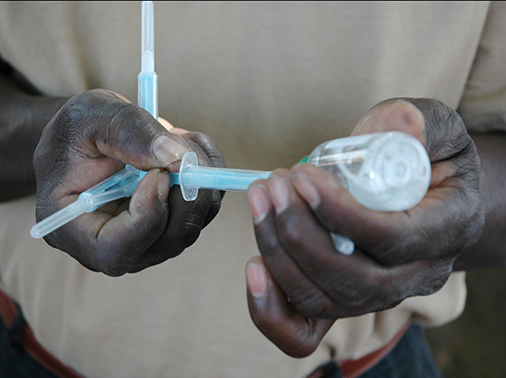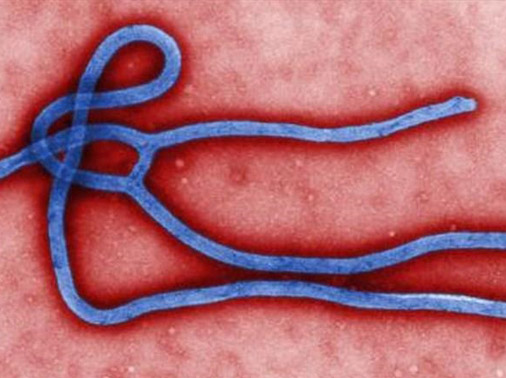Utibe Effiong
Dr. Utibe Effiong is a practicing board-certified Internal Medicine specialist physician and Public Health scientist passionate about health policy, health systems administration, drug addiction management, infectious diseases, the influence of the environment on human health, global health, and development. He is an international public speaker and prolific writer on issues of global health importance. Also …




